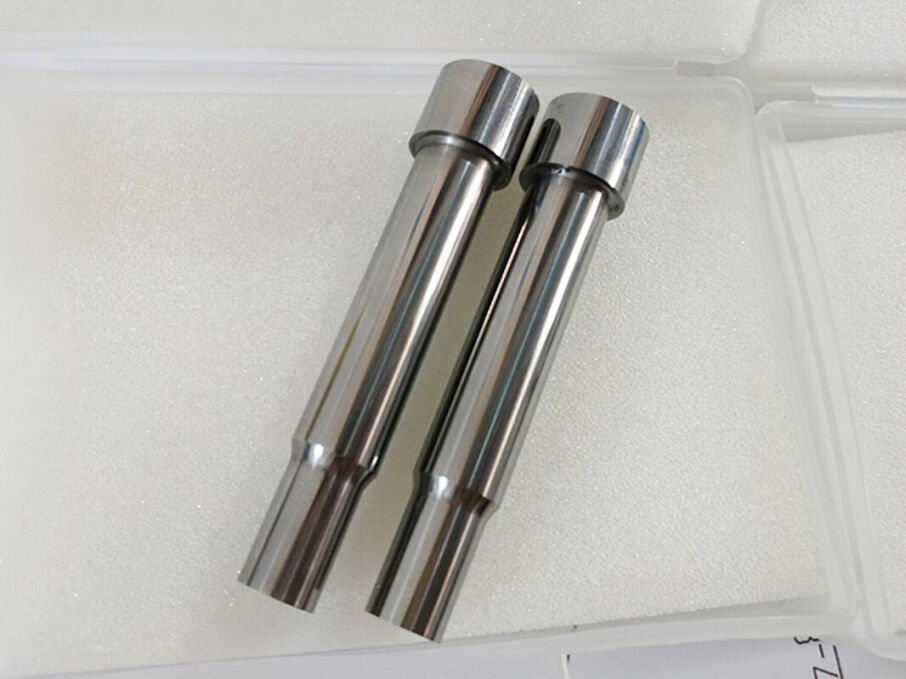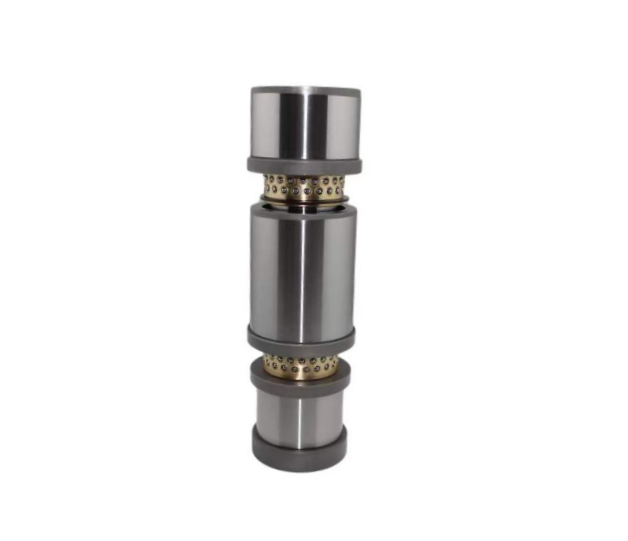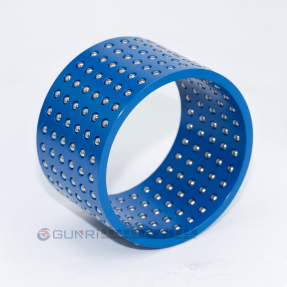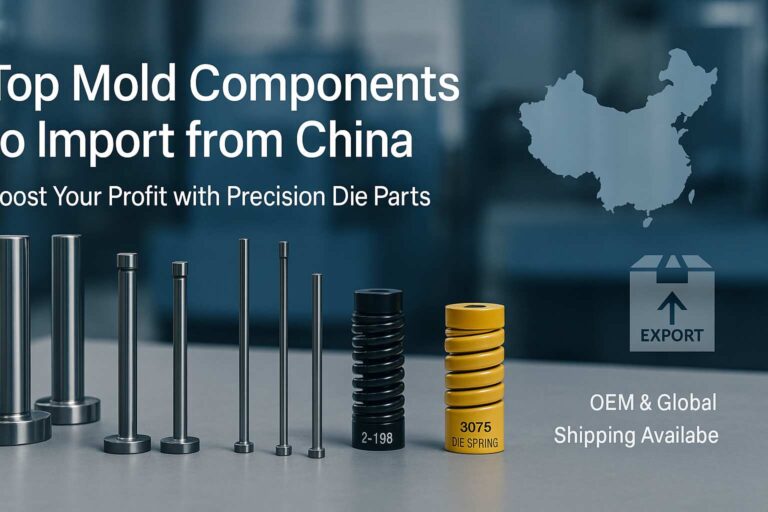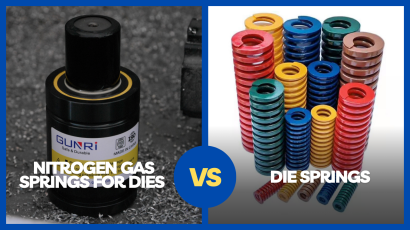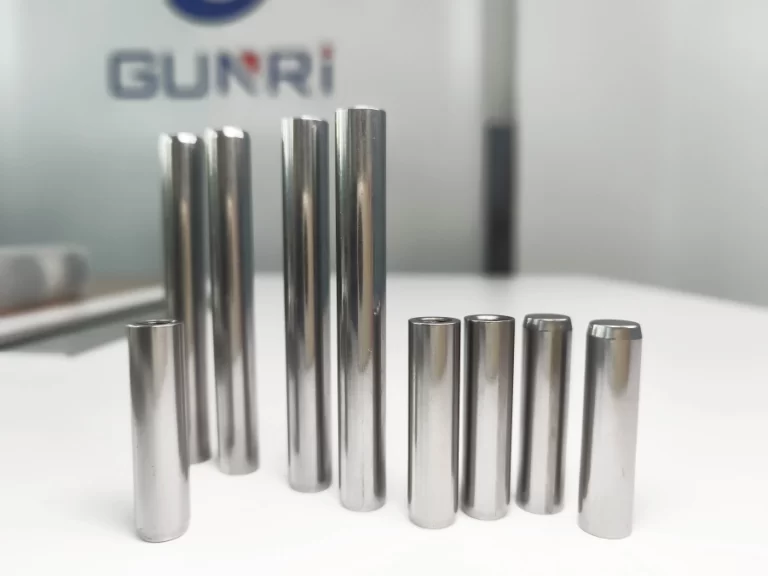The Benefits of Using Carbide Punches
In the world of precision manufacturing and metal stamping, the choice of tooling materials can make a significant difference in the quality of the end product and the overall cost-effectiveness of the operation. One material that has been gaining prominence for its exceptional properties is carbide. In this article, we will delve into the advantages of utilizing carbide punches, with a special focus on various carbide tooling components such as Carbide Block Dies, Carbide Block Punches, Carbide Button Dies, and Carbide Pilot Punches.
Table of contents
The Strength of Carbide Punches
At the heart of the matter lies the incredible strength of carbide punches. Tungsten carbide, one of the primary forms of carbide used in tooling, is renowned for its hardness, being twice as hard as steel. This inherent hardness imparts a multitude of benefits to carbide punches:
- Enhanced Rigidity: Carbide punches exhibit exceptional rigidity, ensuring precise and consistent stamping. The rigidity of carbide tools enables them to maintain their shape and integrity even under extreme pressure, resulting in superior performance.
- Resistance to Wear: Wear and tear are common challenges in metal stamping processes. Carbide punches, however, are highly resistant to wear. Their robust nature allows them to withstand the abrasive forces encountered during stamping, resulting in extended tool life.
- Improved Control: The hardness and rigidity of carbide punches translate into enhanced control over the stamping process. This precise control leads to the production of accurate and high-quality parts, reducing the need for rework and scrap.
- Reduced Replacement Frequency: Carbide punches, due to their durability and resistance to wear, require far less frequent replacements compared to their steel counterparts. While steel punches may initially appear cost-effective, the frequent need for replacements can offset any initial savings, making carbide a more cost-efficient choice in the long run.
The Long Lifespan of Carbide Punches
One of the standout features of carbide punches is their extended lifespan. This longevity brings several advantages to the table:
- Reduced Downtime: As mentioned earlier, carbide punches require fewer replacements. This directly translates to reduced downtime on the production floor. With fewer interruptions for tool changes, manufacturing processes can run more smoothly and efficiently.
- Lower Maintenance Costs: Carbide punches, thanks to their durability, entail lower maintenance costs. The reduced need for frequent replacements not only saves on tooling expenses but also minimizes the labor and time associated with tool changes and adjustments.
- Consistency in Performance: Carbide’s resilience ensures consistent performance over an extended period. Manufacturers can rely on the same set of carbide punches to consistently produce high-quality components, maintaining product consistency and customer satisfaction.
Boosting Productivity with Carbide Punches
Beyond the durability and longevity, carbide punches play a pivotal role in boosting productivity:
- Minimized Production Interruptions: Frequent tool replacements not only increase maintenance costs but also lead to production interruptions. Carbide’s long-lasting nature minimizes these interruptions, allowing production to proceed smoothly and efficiently.
- Enhanced Profitability: Improved productivity directly correlates with increased profitability. By reducing downtime, minimizing scrap, and consistently producing high-quality parts, carbide punches contribute to a more profitable operation.
Carbide Tooling Components for Precision Manufacturing
To delve further into the realm of precision manufacturing, let’s explore some specific carbide tooling components that are integral to the stamping process:
- Carbide Block Dies: These dies, made from carbide, offer exceptional hardness and wear resistance. They play a crucial role in shaping and forming metal components with precision.
- Carbide Block Punches: Carbide block punches are known for their durability and consistency. They ensure that each stamped part meets the required specifications.
- Carbide Button Dies: Carbide button dies are designed for precision applications, where accuracy and control are paramount. They excel in producing intricate and detailed components.
- Carbide Pilot Punches: Carbide pilot punches are essential for maintaining alignment and accuracy during the stamping process. They help ensure that each part is produced with precision.
In conclusion, the advantages of using carbide punches and tooling components in precision manufacturing and metal stamping are clear. Their remarkable strength, extended lifespan, and productivity-boosting properties make them a valuable choice for manufacturers aiming to achieve consistent quality and efficiency in their operations. While carbide punches may require an initial investment, their long-term benefits far outweigh the costs, making them an indispensable asset in the world of precision manufacturing.

